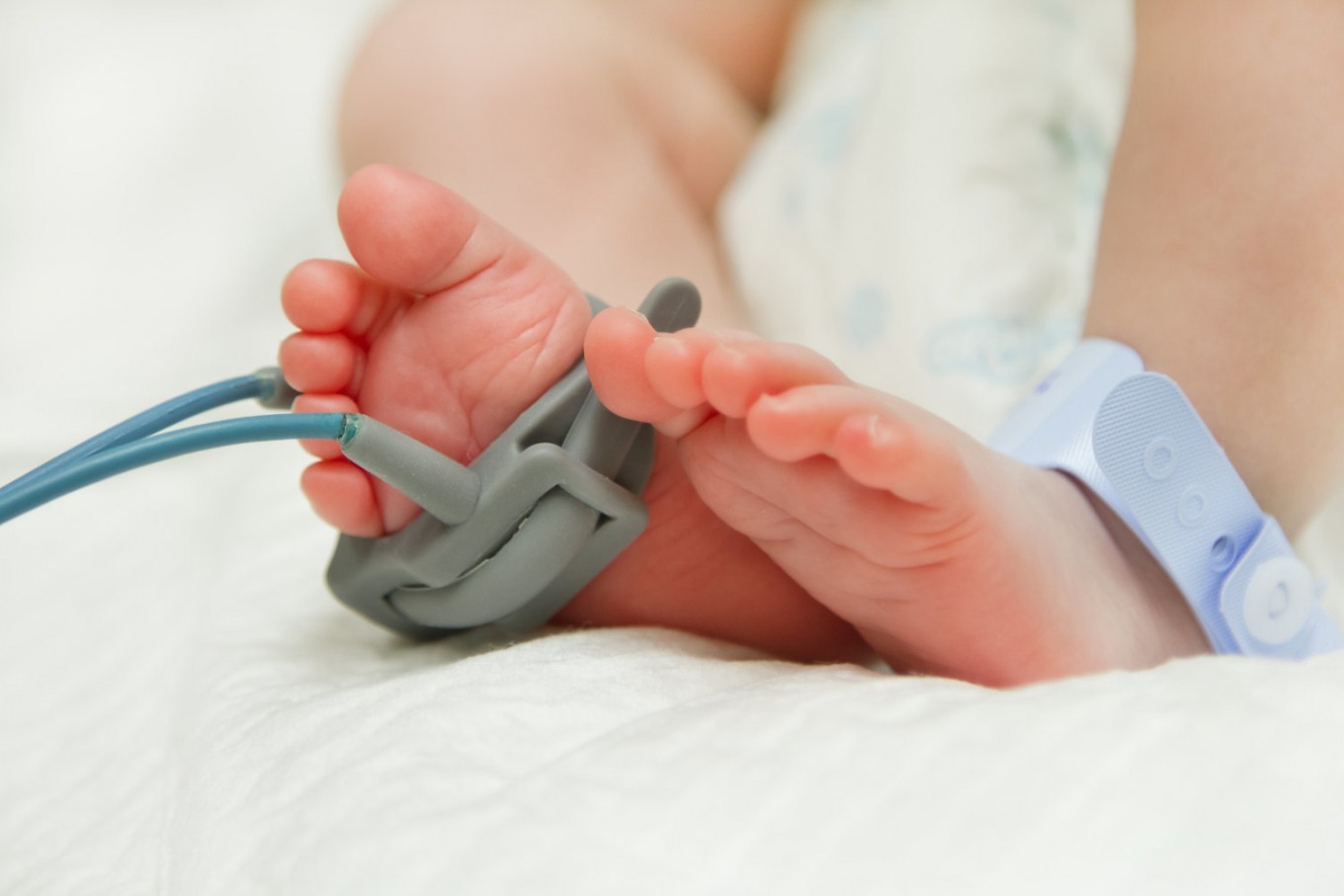Popular Reads
Top Results
Can't find what you're looking for?
View all search resultsPopular Reads
Top Results
Can't find what you're looking for?
View all search resultsCOVID-19 not transmitted from pregnant mothers to newborns, suggest recent case studies
Change text size
Gift Premium Articles
to Anyone
C
hinese scientists have found that the coronavirus disease COVID-19 does not appear to be transmitted from pregnant mothers to newborns at birth.
Researchers at Huazhong University of Science and Technology studied four women who gave birth at Union Hospital in Wuhan, Hubei Province, while infected with COVID-19.
All of the babies were isolated in neonatal intensive care units and fed formula after they were born. None went on to develop any of the serious symptoms associated with COVID-19, such as fever or cough, and three of the four babies also tested negative for the respiratory infection, which is tested using a throat swab. The mother of the fourth child did not give permission for her child to undergo the test.
The researchers note that one infant did have a minor, treatable breathing issue for three days. The same baby and another child also had a body rash which eventually cleared up on their own. However, as to whether these symptoms are connected to the virus, the researchers say it's impossible to tell. "We are not sure the rash was due to the mother's COVID-19 infection," said study co-author Dr. Yalan Liu.
All four of the babies are still healthy and their mothers have also fully recovered from the illness.
The study, which was published in the journal Frontiers in Pediatrics, is the second from China that shows that the virus doesn't appear to be transmitted from mothers to newborns. In the previous study, researchers found that children born to nine women infected with COVID-19 were also unaffected by the virus.
However, all nine of these women gave birth by cesarean section, and three out of the four pregnancies in the current study were also brought to term by C-section, which the researchers say could be a safer delivery option when infected with COVID-19.
Read also: Children less sick from COVID-19, but still spread the virus
"To avoid infections caused by perinatal and postnatal transmission, our obstetricians think that C-section may be safer," Liu said. "Only one pregnant mother adopted vaginal delivery because of the onset of the labor process. The baby was normal. Maybe vaginal delivery is OK. It needs further study."
Scientists who have investigated mother-to-baby viral transmission in previous coronavirus outbreaks have also found no evidence that mothers can pass the virus onto their children. However, both SARS and MERS were associated with "critical maternal illness, spontaneous abortion, or even maternal death," according to Liu.
The researchers are now collecting additional samples from the newborns, including placenta, amniotic fluid, neonatal blood and gastric fluid, to investigate further possible aspects of potential COVID-19 infection in newborns and children.











